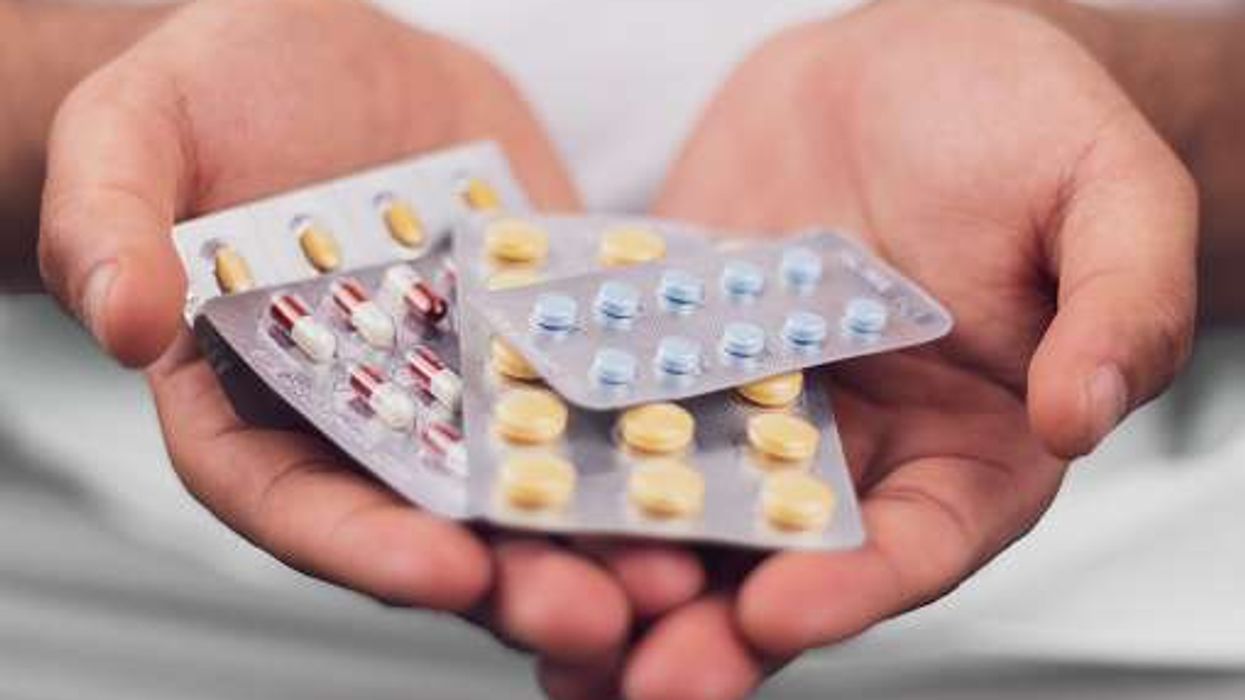The Pharmacists' Defence Association (PDA) has outlined key outcomes secured by community pharmacists in recent years acting as a trade union to have fairness and equality in rates of pay.
For years, rates of pay for community pharmacists have been reducing in real terms, but factors are changing as a consequence of pharmacists at Boots securing trade union recognition. This historic change has opened up further options for pharmacists to act, said the PDA.
Through PDA union recognition, pharmacists are changing this dynamic, it adds.
The union claims that by securing independent trade union recognition in 2019, those pharmacists employed at Boots have disrupted this status quo, and now the employer must negotiate pay with pharmacists through their representatives.
In 2019, pharmacists supported by experienced union officials submitted a pay claim that called for:
- Fairness & equality
- Transparency
- Respect & RecognitionThey then negotiated a pay settlement that moved towards these goals. This delivered increases greater than those unilaterally decided by management in the previous year as well as beginning to make improvements to the pay system.
In early 2020 a further increase was negotiated that included removing the lower starting salary for Newly Qualified Pharmacists, a rate that had not been increased for many years. This gave some pharmacists increases of over 11 per cent.
At the end of 2020, negotiations between company and the pharmacist representatives did not reach a settlement and were escalated to talks with ACAS. Following ACAS’ involvement, a settlement was reached in December, but this did not include a pay increase for most pharmacists.
This result was disappointing for pharmacists, however had they still not been able to negotiate in 2020, just as it was before 2019, there would still have been no pay increases but it is extremely unlikely that the changes which were secured, including removal of the lower pay ranges for those in Northern Ireland, would have happened.
Without union recognition, management would simply have announced in November that there would be no increase due to the pandemic trading conditions and that would have been the end of it.
In addition to the direct impact of pay settlements it is also clear that more pharmacists at Boots are talking about pay and by raising concerns with their line managers some have also received in-year pay increases agreed by local management.
Until pharmacists began negotiating pay through the PDAU, far fewer understood that Boots pay system is based on paying starting salaries which are only 80 per cent of the median average pay paid by competitors and so were less sure what to challenge.
The PDA on-line pay Ready Reckoner allows Boots pharmacists to know where they pay sits in the pay range for their role and is a good basis on which to discuss pay with their line manager
The pay claim for Boots in 2021 seeks to begin to move pay back to its previous real terms value by seeking increases that are above the rate of inflation, this is important following the disappointing 2020 settlement from Boots on top of previous years of sub-inflation increases.
Pharmacists at LloydsPharmacy built upon the efforts of colleagues at Boots and secured their own right to negotiate pay, with the first pay negotiations there set to begin in late 2021 for an early 2022 implementation.
It is in the interest of every pharmacist for the rates of pay for the profession to reflect the value of what pharmacists do.











